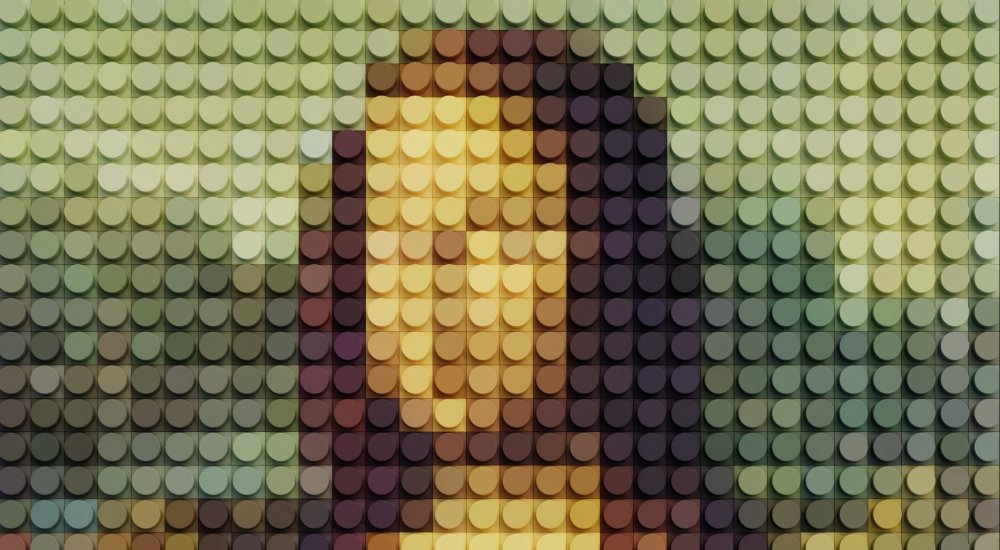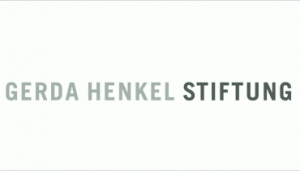Gerda Henkel Postdoctoral Fellowship for Digital History

With the generous support of the Gerda Henkel Foundation, the German Historical Institute (GHI) and the Roy Rosenzweig Center for History and New Media at the George Mason University (RRCHNM) invite applications from postdoctoral scholars and advanced doctoral students based in Europe for a 12-month fellowship in digital history
This fellowship aims to connect scholars from Europe to digital history in the United States. The fellowship is intended to support a junior scholar working in the field of digital history or a junior scholar with less experience in digital history but interested in learning new research methods. We welcome applications from scholars who are seeking seed-funding in order to develop an innovative idea into a new project and/or funding proposal as well as from scholars who wish to pursue fully-fledged research projects.
The fellowship provides a unique opportunity for the recipient to work on his or her research project at the Roy Rosenzweig Center for History and New Media (RRCHNM) at George Mason University (GMU), one of the most established centers for digital history in the United States with strengths in K-12 educational materials for history, historical podcasting, and data-driven histories. The fellow will be in residence for one year. While at the Center, the fellow will also have the opportunity to consult with the RRCHNM's faculty and staff in order to develop his or her project, join teams working on projects in development at RRCHNM, and to sit in on graduate digital history classes at GMU.
The fellow is also expected to work with the GHI on a regular basis. She/he will participate in the Institute's scholarly activities and its digital projects. Moreover, the fellow will have the opportunity to connect with other North American centers for digital history or digital humanities and to participate in local digital history initiatives in the Washington, DC region. Depending on funding and approval, the fellow might also have the chance, after completing the fellowship, to be participate in the annual GHI Conference on Digital Humanities and Digital History, which is jointly convened with the Luxembourg Centre for Contemporary and Digital History (C²DH).
Starting September 1, 2025, the successful applicant will be in residence at the RRCHNM and will also participate in GHI activities, events, and digital projects. Funding will be provided for a 12-month stay for postdoctoral scholars as well as advanced doctoral students, who are currently affiliated with a European research institution. The monthly stipend will be €3,400 for postdoctoral scholars or €2,400 for doctoral students. The fellow will also receive reimbursement for his or her round-trip economy airfare to the U.S. and a grant for travel to other North American institutions.
For more information, please contact: fellowships@ghi-dc.org at the GHI or Dr. Lincoln Mullen lmullen@gmu.edu at the RRCHNM.
Apply
The deadline for applications is February 28, 2025. To apply, please send a cover letter, a CV, a copy of the certificate of your most recently earned degree, the names and contact details of two referees, and a research project proposal (5 pages or 2,000 words max.). The proposal should outline a research question, the main sources to be used, and ideas about what digital tools and methods could be used to analyze those sources. We can accept applications in electronic form only. Documents should be sent as a single PDF file.


